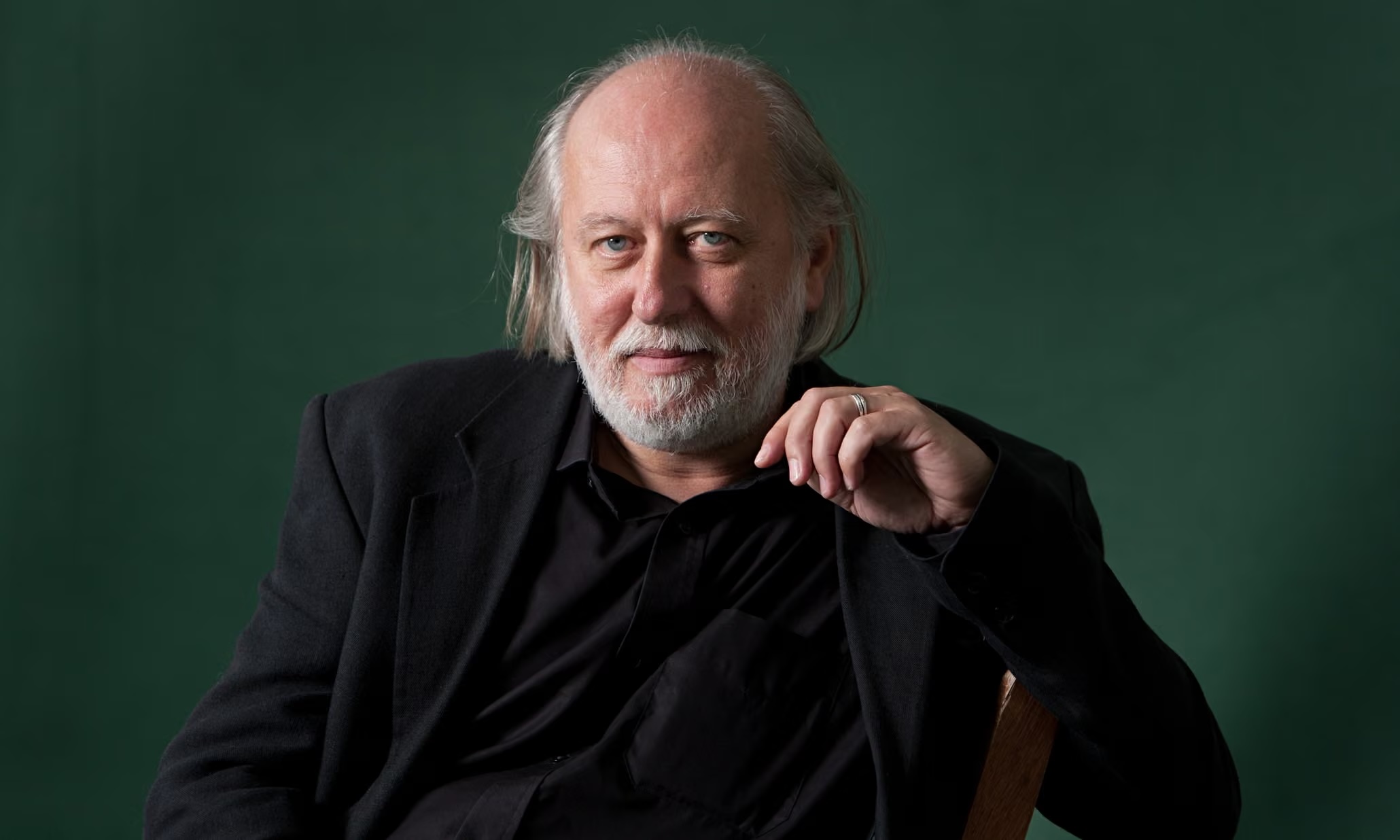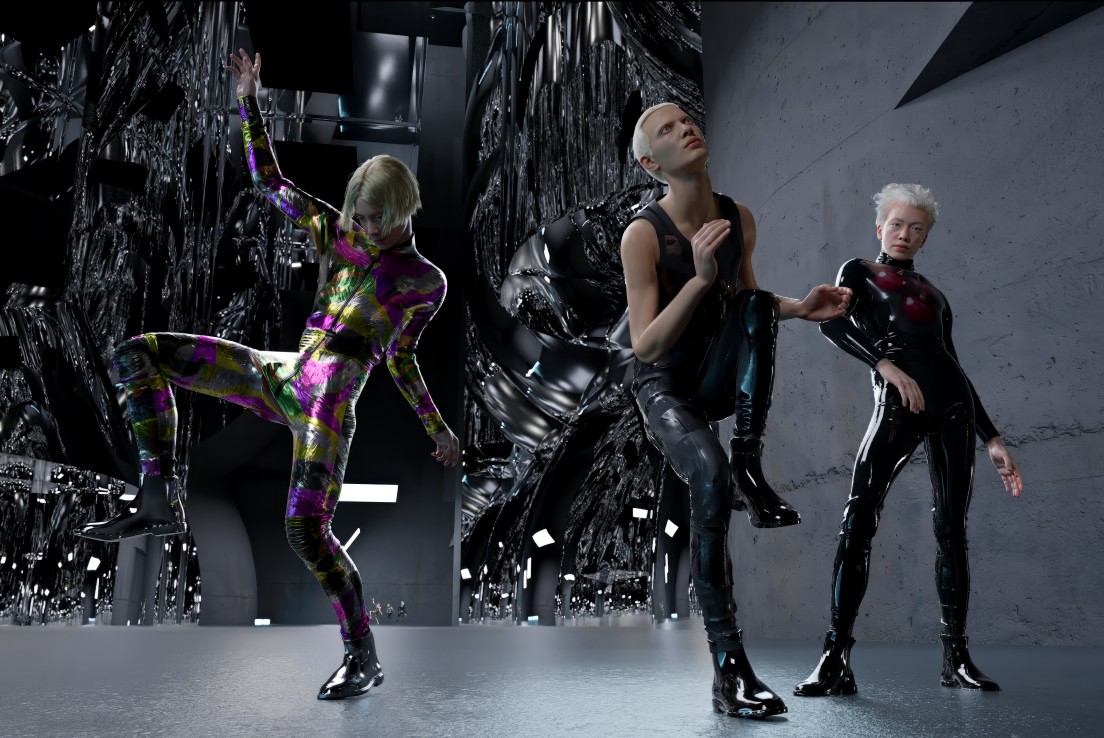The 2025 Nobel Prize in Literature has been awarded to Hungarian novelist László Krasznahorkai, announced today by the Swedish Academy in Stockholm. The jury praised the 71-year-old writer “for his compelling and visionary oeuvre that, in the midst of apocalyptic terror, reaffirms the power of art.”
Renowned for his long, labyrinthine sentences and his darkly poetic vision of a world on the brink, Krasznahorkai has long stood as one of Europe’s most enigmatic literary voices. His works — including Satantango and The Melancholy of Resistance — have been hailed as profound meditations on decay, endurance, and the persistence of meaning in chaos. Both novels were famously adapted into films by Béla Tarr, the filmmaker with whom Krasznahorkai shares a decades-long creative collaboration.
Born in Gyula, Hungary in 1954, Krasznahorkai first gained attention with his debut novel Satantango (1985), a haunting portrait of a collapsing rural community. Nearly three decades later, its English translation would win the Man Booker International Prize in 2013. His other accolades include the 2015 Man Booker International Prize and the 2019 U.S. National Book Award for Translated Literature.
Critics have often compared his dense, visionary prose to that of Gogol, Melville, and Kafka, while Susan Sontag once described him as “the contemporary Hungarian master of apocalypse.” W. G. Sebald admired the universality of his vision — a sensibility that transcends geography and ideology.
Krasznahorkai’s writing has also been profoundly shaped by travel. Having left Communist Hungary in 1987, he spent a year in West Berlin before journeying through East Asia, drawing inspiration from Mongolia and China for works such as The Prisoner of Urga and Destruction and Sorrow Beneath the Heavens. During the writing of War and War, he lived briefly in Allen Ginsberg’s New York apartment, crediting the Beat poet’s generosity as instrumental to completing the novel.
Last year’s Nobel laureate was Han Kang, the acclaimed South Korean author of The Vegetarian.
Krasznahorkai will formally receive the Nobel medal and diploma this December in Stockholm, honoring a career defined by endurance, visionary despair, and an unyielding belief in the transformative power of art.







